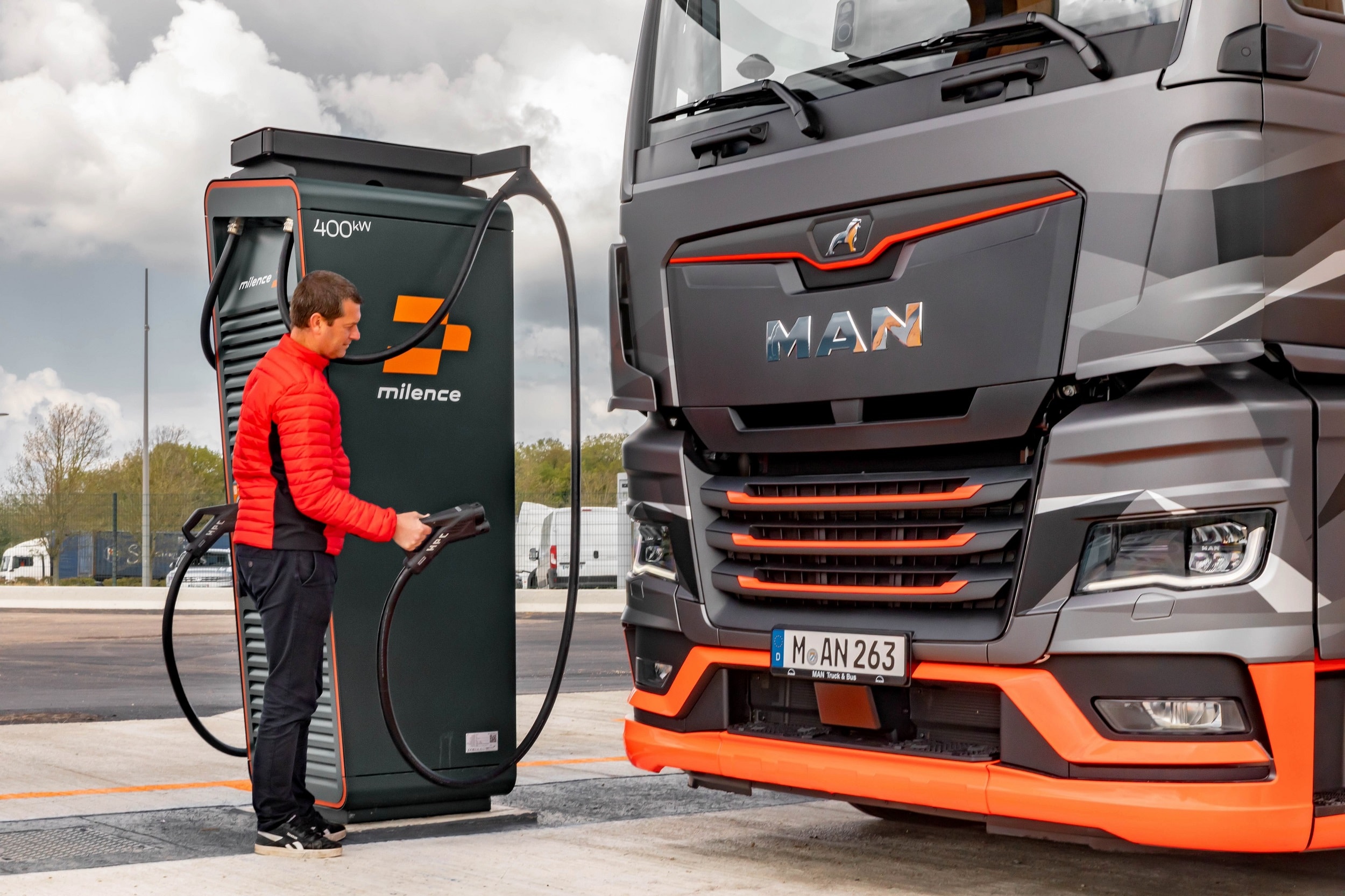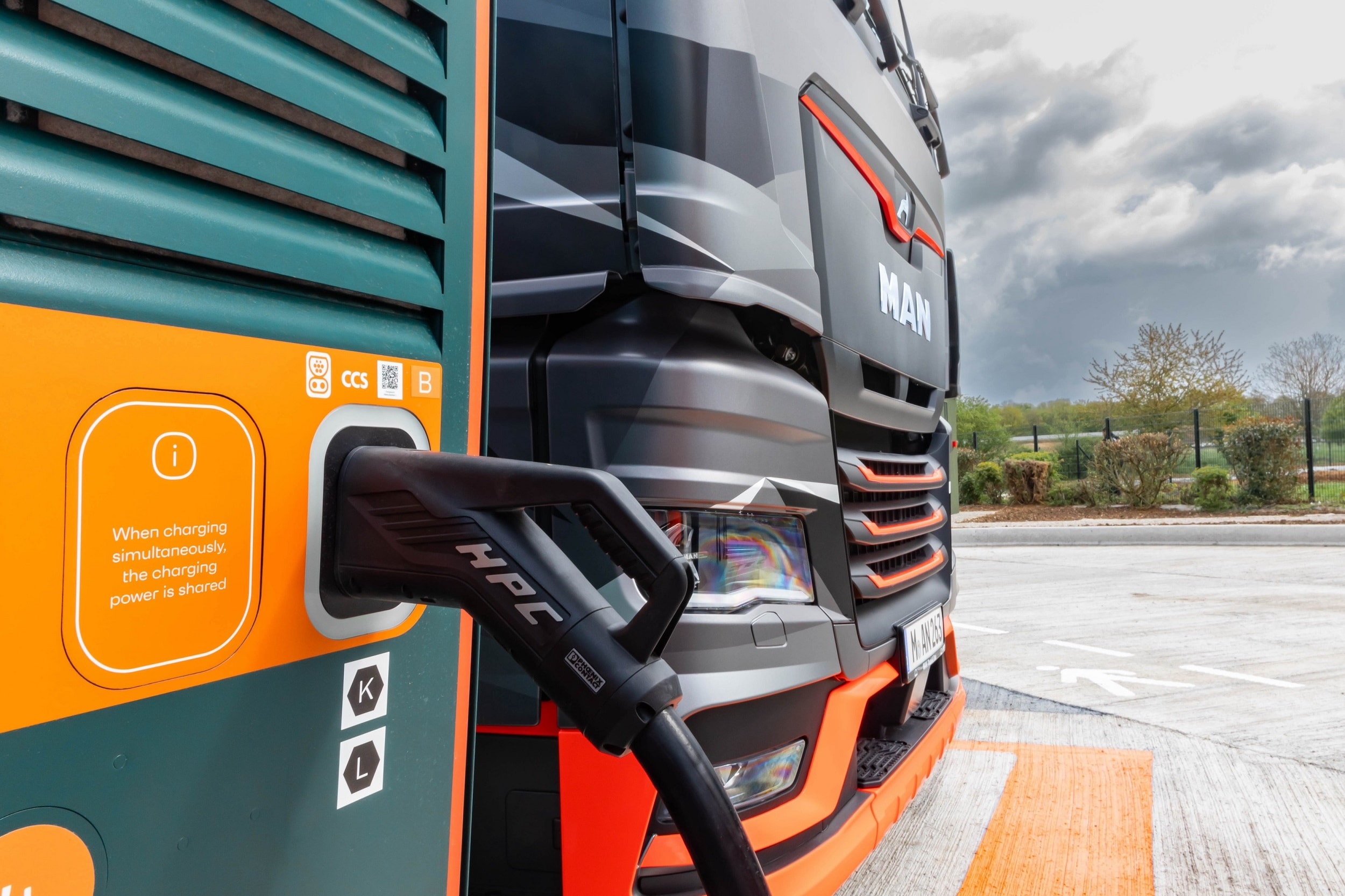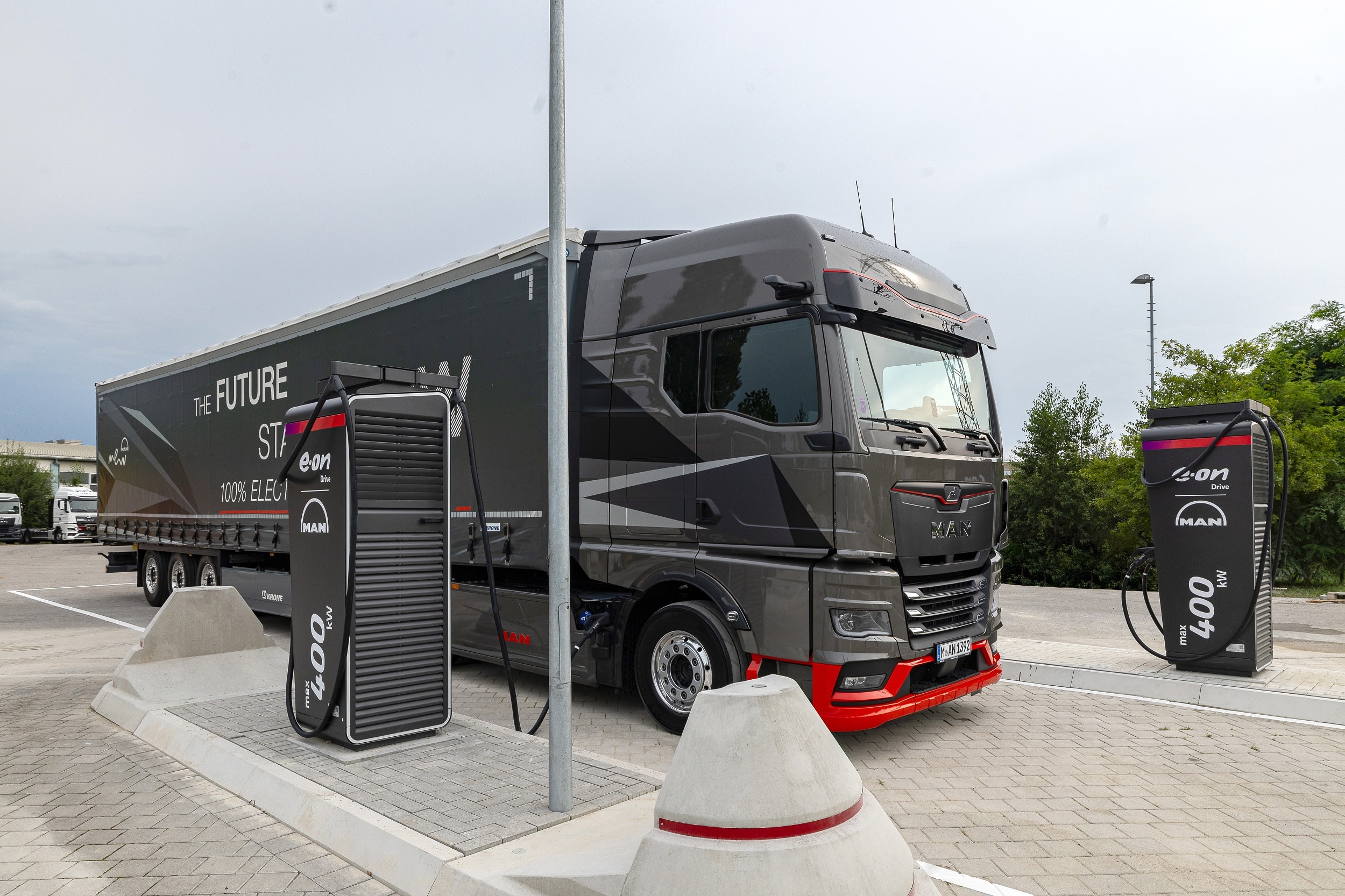The shift towards electric vehicles (EVs) is gaining momentum, but it’s not without its challenges. While countries like Norway and China are leading the charge, the rest of the world is gradually following suit. The key hurdle is battery technology. Once energy-dense, reliable, and affordable batteries are available, EVs will become a viable option for everyone.
However, factors like high initial costs, limited charging infrastructure, and concerns about battery longevity are slowing down the adoption of EVs. To accelerate the transition, automakers must focus on producing more affordable and accessible EV models. Additionally, governments can play a crucial role by providing incentives and investing in charging infrastructure.

By addressing these challenges, we can pave the way for a cleaner and more sustainable transportation future. Furthermore, it’s important to consider the environmental impact of battery production and disposal. While EVs offer significant reductions in tailpipe emissions, the manufacturing and recycling processes must be sustainable. Research and development efforts should focus on developing greener battery materials and recycling technologies.
The transition to EVs is a complex process that requires collaboration between automakers, governments, and consumers. By addressing the challenges and seizing the opportunities, we can accelerate the adoption of EVs and create a cleaner and more sustainable transportation future.
The transition to electric trucks is underway, and the commercial sector is actively participating in this shift. While there are still challenges to overcome, the increasing availability of charging infrastructure and advancements in battery technology are paving the way for a more sustainable and environmentally friendly transportation future.
One of the key factors driving the adoption of electric trucks is the growing awareness of the environmental benefits. Electric vehicles produce significantly fewer greenhouse gas emissions and air pollutants than traditional diesel-powered trucks. This is particularly important in urban areas where air quality is a major concern.
In addition to environmental benefits, electric trucks also offer economic advantages. The cost of electricity is generally lower than the cost of diesel fuel, which can lead to significant savings for commercial fleet operators. Moreover, electric trucks require less maintenance than diesel trucks, as they have fewer moving parts.
However, there are still challenges that need to be addressed to ensure a smooth transition to electric trucks. One of the major concerns is the range anxiety associated with electric vehicles. While battery technology has improved significantly in recent years, there is still a need for further advancements to increase the range of electric trucks.
Another challenge is the lack of a sufficient charging infrastructure in many regions. While the number of charging stations is increasing, there is still a need for a more extensive network to support long-haul operations. Additionally, the charging time for electric trucks can be longer than for passenger vehicles, which may be a concern for commercial fleet operators.

To address these challenges, governments and industry stakeholders are working together to promote the adoption of electric trucks. This includes investments in charging infrastructure, incentives for businesses to purchase electric vehicles, and research and development to improve battery technology.
The transition to electric trucks is a complex process that requires a coordinated effort from various stakeholders. While there are still challenges to overcome, the potential benefits of electric trucks in terms of environmental sustainability and economic efficiency make it a worthwhile endeavor.
As battery technology continues to advance and charging infrastructure expands, electric trucks are poised to become a more viable and attractive option for commercial fleet operators.

